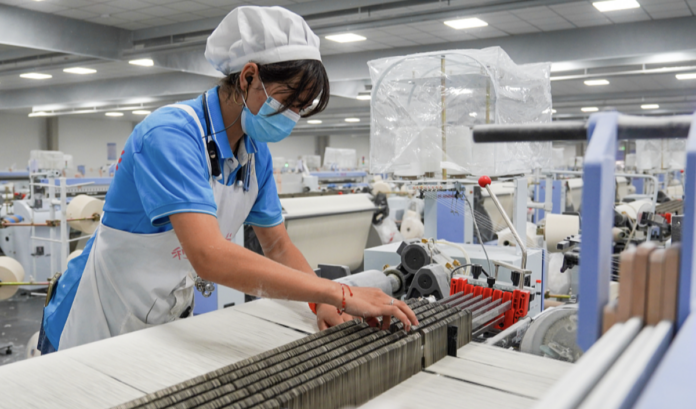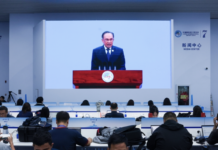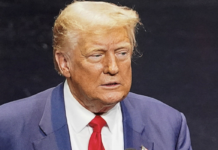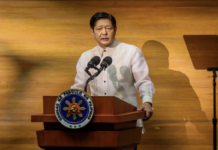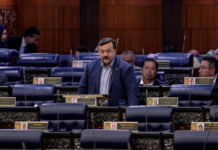BEIJING, May 19 – A UN special rapporteur called on states to lift unilateral sanctions against China on Friday, saying it’s illegal. The expert just finished a 12-day visit to China where she found that the unilateral sanctions had led to adverse socioeconomic and human rights impacts, including over-compliance by businesses, job losses of vulnerable people and the failing of justice systems.
Alena Douhan, the special rapporteur said in a statement that during her investigation she received information about a significant drop in business turnovers, due to either the direct sanctions-induced restrictions or foreign business counterparts’ over-compliance out of fear of secondary sanctions against them.
This then led to job cuts and interruption of production activities in third countries, as well as a suspension of international humanitarian projects, both accounting for the international negative spill-over effects.
A decline in business activities “have led to job losses, with consequent disruptions in social protection schemes, by disproportionately affecting the most vulnerable, particularly in labor-intensive sectors, including women, older persons, and all those in informal employment,” the independent expert said.
“Xinjiang is particularly affected, with key economic sectors and cross-border and international supply chains being disrupted,” she said, adding the most affected sectors in Xinjiang include the textile industry, cotton and other agricultural products, as well as new technologies and energies, such as polycrystalline silicon and material for the photovoltaic industry.
China has been subjected to unilateral sanctions by a number of countries, especially from the U.S. since 2017. More than 600 Chinese individuals and entities are listed under U.S. sanctions, covering different sectors such as technology, construction, trade, aeronautics and aerospace, energy, finance and banking sector, shipping and shipbuilding, telecommunications and others, according to Douhan.
In addition to economic repercussions, the multifaceted negative impact of sanctions is also showcased in areas such as education. Foreign researchers and qualified personnel have to leave China in consideration of their career development, and more restrictions are imposed on Chinese researchers, faculties as well as students to engage with foreign academic institutions, including activities like exchange programs, scholarships and joint research projects.
In the name of national security concerns, the U.S. puts a number of Chinese academic institutions and research centers, linked to national defense and military applications, in its sanction lists in recent years, and such sanctions have been extended to a broader range of scientific disciplines since 2020.
These sanctions “often resulted in arbitrary assessments of Chinese students’ and scholars’ general background as a criterion for collaboration, enrollment or even visa issuance, lengthy interrogation, search of all information from their phones and computers, cancellation of already granted visas,” said Douhan.
“Access to justice and the fundamental principles of due process and the presumption of innocence are also seriously undermined by the listing and de-listing procedures, based on the rebuttable presumption of the wrongfulness of everything with any nexus to Xinjiang or designated companies,” Douhan said. “Designated individuals and entities are not provided with the evidence of grounds for their designation and have extremely limited capacity to pursue administrative and judicial proceedings before the sanctioning states’ court systems, which often are lengthy, costly, non-transparent and non-efficient.”
She reiterated that the illegality of the extraterritorial application of unilateral sanctions, and called on states, in particular sanctioning states, to effectively address the over-compliance of businesses and other entities under their jurisdiction to mitigate or eliminate adverse humanitarian impacts.
The special rapporteur will present her country visit report to the UN Human Rights Council in September 2024.




